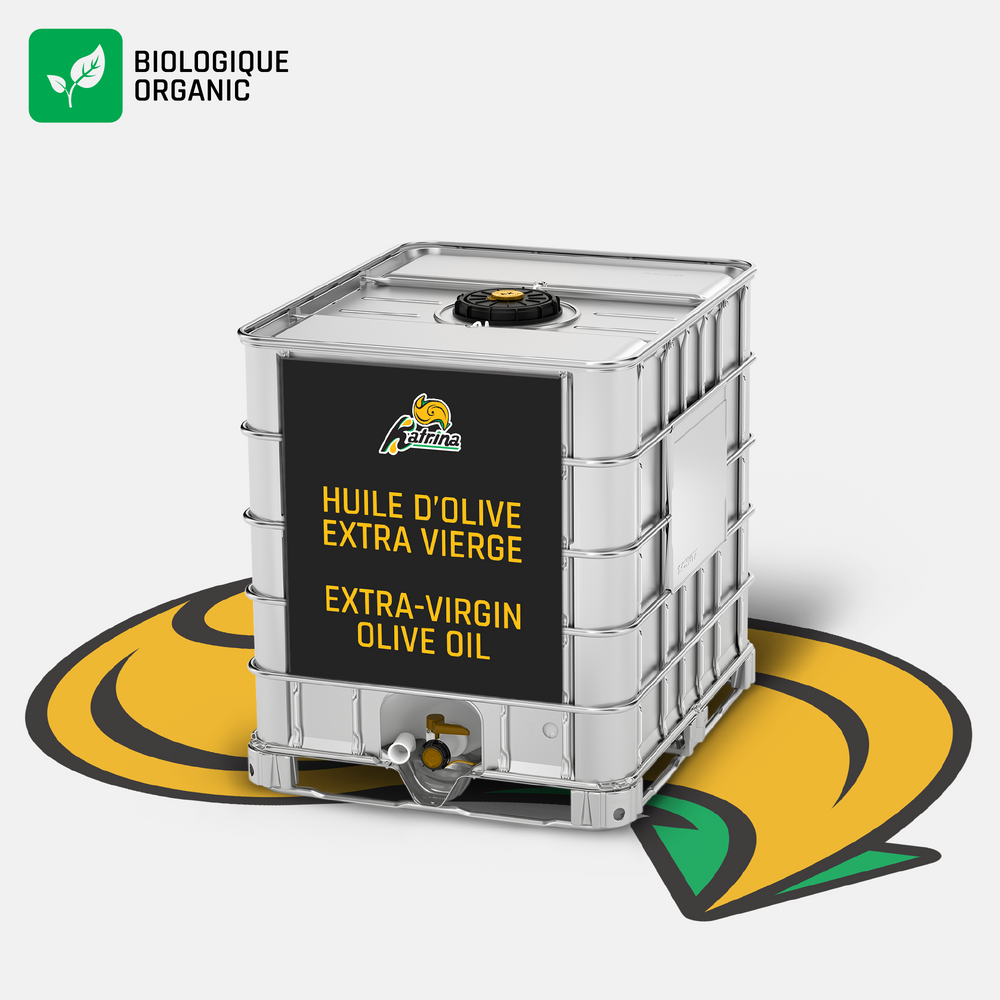Nutrition Facts of Extra Virgin Olive Oil: Facts, Calories, and Benefits
Extra virgin olive oil (EVOO) is a cornerstone of the Mediterranean diet and has gained worldwide recognition for its impressive nutritional profile. In this comprehensive guide, we'll explore the nutrition facts of extra virgin olive oil, including detailed serving information and the numerous health benefits that make this golden elixir a valuable addition to your daily diet.
Basic Nutrition Facts of Extra Virgin Olive Oil
Extra virgin olive oil is primarily composed of healthy fats, specifically monounsaturated fatty acids (MUFAs). According to the USDA, one tablespoon (13.5 grams) of extra virgin olive oil contains:
- Calories: 119
- Total Fat: 13.5g
- Saturated Fat: 2g
- Monounsaturated Fat: 10g
- Polyunsaturated Fat: 1.5g
- Vitamin E: 1.9mg (13% of Daily Value)
- Vitamin K: 8.1µg (7% of Daily Value)
Extra Virgin Olive Oil Fatty Acids and Polyphenols
Extra virgin olive oil is rich in oleic acid, a monounsaturated fat that contributes to its health benefits. It also contains various polyphenols, such as hydroxytyrosol and oleuropein, which have antioxidant properties.
Is Olive Oil the Healthiest Vegetable Oil?
Compared to other oils, EVOO has a unique balance of fatty acids and antioxidants. For instance, it has a higher monounsaturated fat content than canola oil and more polyphenols than sunflower oil.
Health Benefits of Extra Virgin Olive Oil
Research highlights several significant health benefits associated with regular EVOO consumption:
- Cardiovascular Health: The high concentration of monounsaturated fats in extra virgin olive oil helps reduce bad cholesterol (LDL) while maintaining good cholesterol (HDL) levels. The European Food Safety Authority confirms that olive oil polyphenols contribute to protecting blood lipids from oxidative stress.
- Anti-inflammatory Properties: Extra virgin olive oil contains oleocanthal, a natural compound with anti-inflammatory properties similar to ibuprofen. These properties may help prevent chronic diseases.
- Brain Health: Compounds in extra virgin olive oil may help prevent the formation of toxic proteins associated with Alzheimer's disease. The Mediterranean diet, rich in EVOO, has been linked to better cognitive function in aging populations.
- Antioxidant Content: EVOO is rich in antioxidants, particularly vitamin E and polyphenols. These compounds help protect cells from damage caused by free radicals and may reduce the risk of certain cancers.
Maximizing Nutritional Benefits of Extra Virgin Olive Oil
To obtain the maximum nutritional value of extra virgin olive oil, consider these expert-recommended practices:
- Storage: Store EVOO in a dark, cool place to preserve its nutritional content. The International Olive Council recommends keeping olive oil away from heat and light to prevent degradation of beneficial compounds.
- Cooking Temperature: While EVOO has a relatively high smoke point (around 190-210°C or 374-410°F), using it at medium temperatures helps preserve its nutritional benefits. For high-temperature cooking, consider using regular olive oil instead.
-
Daily Consumption Guidelines: The FDA suggests that consuming about two tablespoons (30ml) of olive oil daily may reduce the risk of coronary heart disease. However, individual needs may vary based on overall diet and health status.
How to Find The Best Quality Olive Oil?
The nutritional benefits of extra virgin olive oil are directly linked to its quality. Choose certified extra virgin olive oil from reputable producers to ensure you're getting the full spectrum of nutritional benefits. Look for these quality indicators:
- Dark glass bottle or tin container
- Harvest date within the last 12-18 months
- Protected Designation of Origin (PDO) or Protected Geographical Indication (PGI) certification when possible








